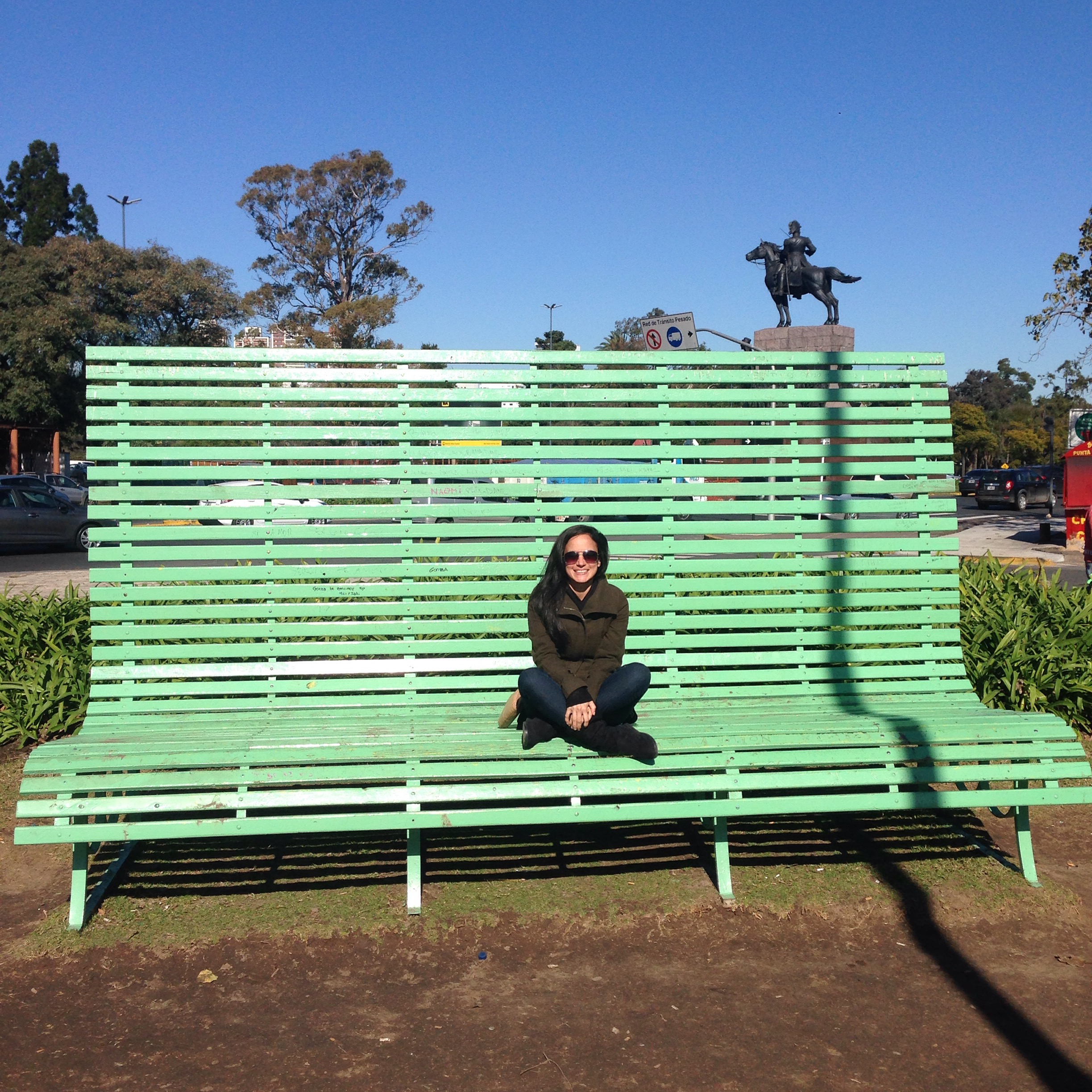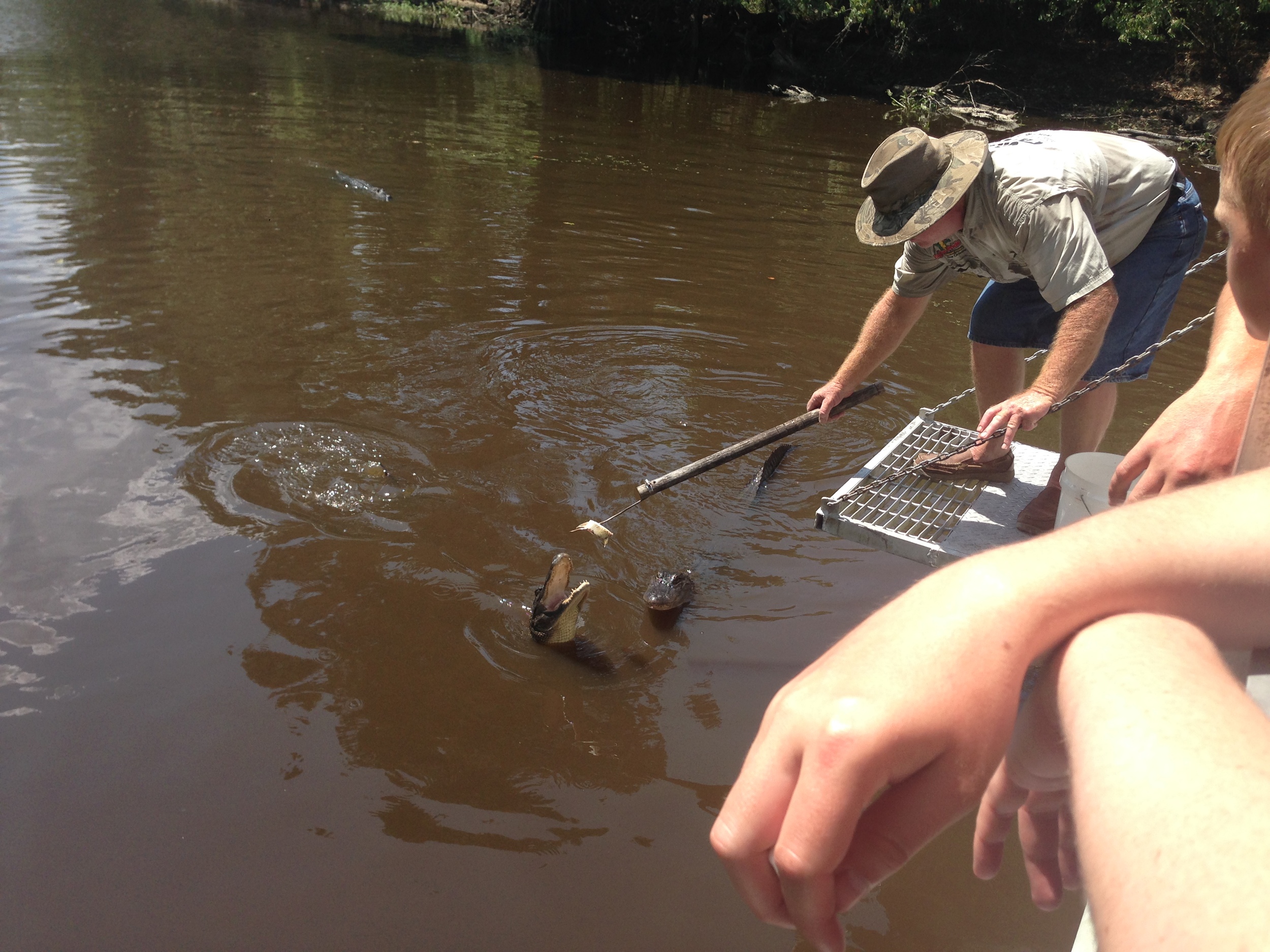Welcome! This blog post is just me sharing pictures of my classroom. Here's what you see as you walk through the door of room 223:
Once inside room 223, you would quickly notice lots of whiteboards (the two longest walls plus mini whiteboards ready to go):
And everyone eventually notices these old projects:
Another point of view (from behind my desk):
Here we have our Down Time area (puzzles, brain games, and blocks) and our Donated Supplies cart (donated school supplies from last year's students):
View to the back field. Students always ask me how I cracked my window. The answer is I have no idea! It's been that way since before 2009.
And finally, I had to include this picture because it took me hours to untangle the cords and hide them inside the desk. I wish I had taken a "before" picture.
Thanks for taking a look. I can't wait to have students enjoy this space!
-Ms. Vila






































